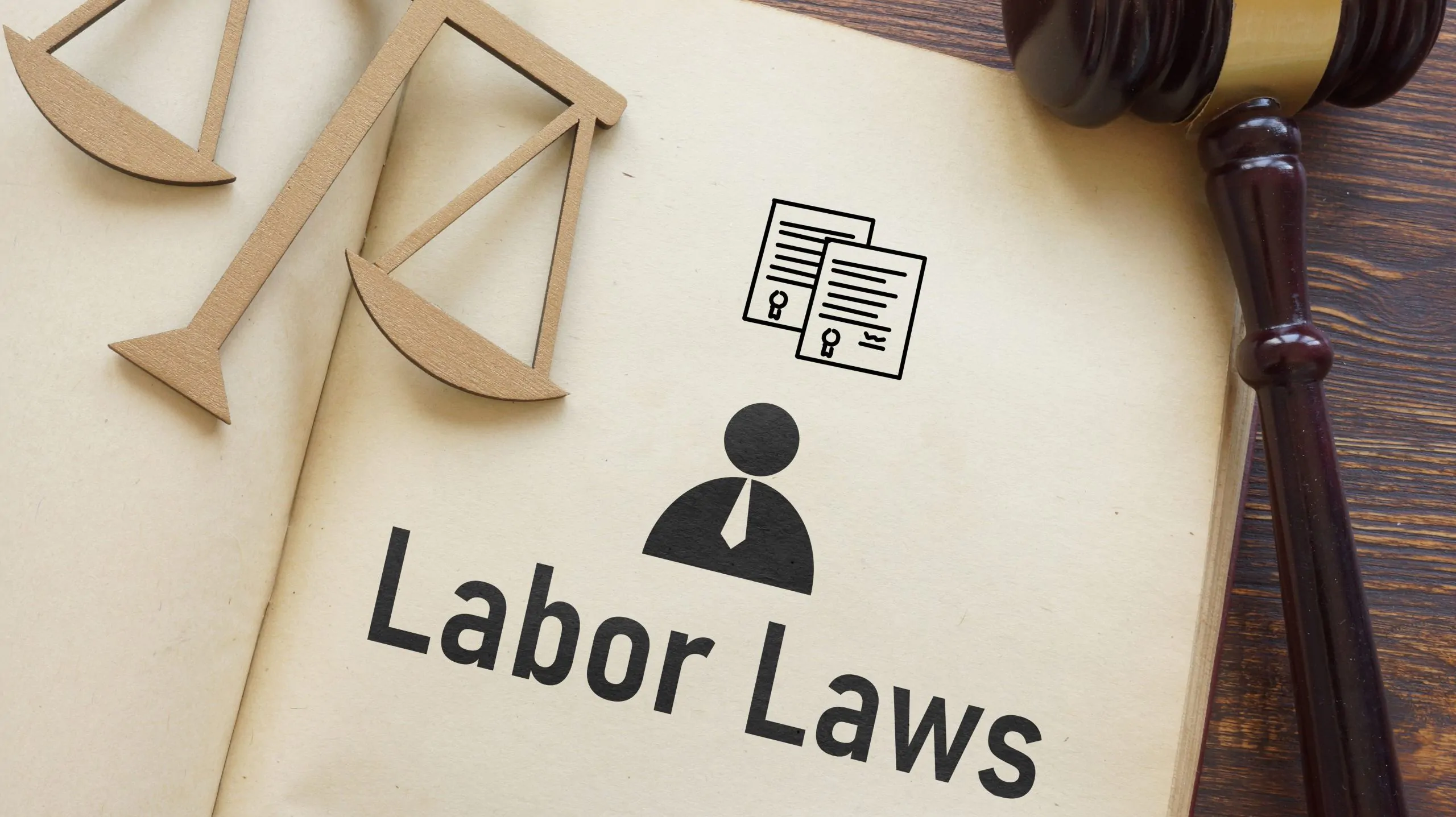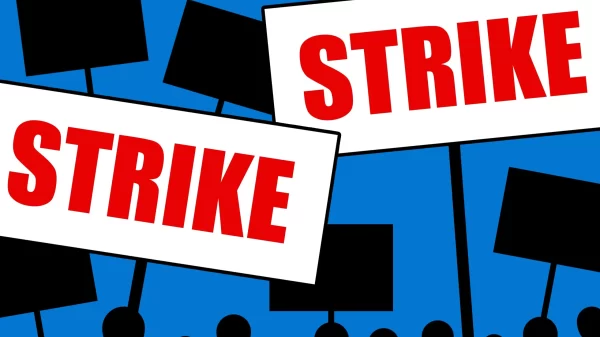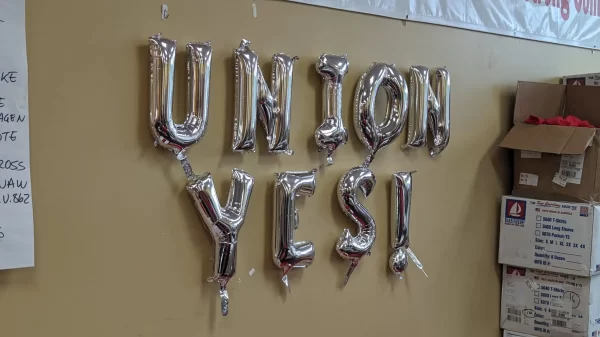|
Getting your Trinity Audio player ready...
|
In a Tuesday webinar on “Organizing, Collective Action, and the National Labor Relations Board” hosted by the Economic Policy Institute, NLRB General Counsel Jennifer Abruzzo shared her perspective on the current state of American labor law.
Abruzzo primarily spoke extensively about the NLRB’s recent decision in Cemex Construction Materials Pacific, LLC. The Cemex precedent allows the NLRB to order employers found guilty of breaching the National Labor Relations Act to begin bargaining with a union “if majority support in an appropriate unit is demonstrated.”
The NLRB’s ruling in Cemex was a partial return to the Joy Silk doctrine which required employers presented with union cards signed by a majority of workers to begin bargaining with that union unless they had a “good faith doubt.”
Under Cemex, Abruzzo explained, “if an employer commits unfair labor practices that would typically set aside an agency conducted election, the board has said they’re not going to order a rerun election, but rather they’ll issue a bargaining order.”
The United Auto Workers began pursuing several unfair labor practice charges against Mercedes during the lead-up to the union election last month. They have also filed a request for the NLRB to rerun the election. However, a representative of the UAW has told APR that they are not currently seeking a Cemex bargaining order.
One of the UAW’s pending unfair labor practice charges is a complaint about “captive audience meetings,” where employees are mandated to attend meetings where they are shown anti-union propaganda.
During the webinar, Abruzzo referenced a memo about captive audience meetings she issued in 2022 and reiterated that she “personally [thinks they] are unlawful because economically dependent workers are not afforded the opportunity to exercise their statutory right to refrain from listening.” However, the NLRB has yet to issue a ruling agreeing with Abruzzo and making mandatory meetings an unfair labor practice.
Abruzzo also claimed that unfair labor practices are currently so common due to the lack of monetary penalties: “There’s no real incentive for an employer to recognize and bargain in good faith.”
She called companies’ ability to draw out and delay negotiations “counter to [the NLRB’s] Congressional mandate” and said “an employer who has been found to unlawfully violate the statute should be forced to make whole employees for the value of the lost opportunity to engage in and make gains in collective bargaining.”
After Abruzzo finished her speech and left the webinar, several other labor experts were also invited to speak about the state of the American labor movement and labor law.
Cindy Estrada, the strategic advisor to the president for the Center for Transformational Organizing, drew the audience’s attention to the challenges that union organizers specifically face in the South and in Alabama.
“It used to be, when I organized years ago, that you’re just fighting the boss but now you’re fighting the whole state infrastructure,” Estrada said. “We see what’s happening in Alabama, Georgia, Tennessee, the Southern states. Even in the Midwest.”
Estrada was likely referring to the public statements and legislative efforts by conservative governors and state legislatures meant to discourage workers from voting to join a union and to otherwise make it harder to unionize.
Alabama Gov. Kay Ivey repeatedly criticized the UAW’s campaign to unionize the Mercedes plant in Vance, as did Alabama Secretary of Commerce Ellen McNair, state House Majority Leader Scott Stadthagen, and several other high ranking Alabama politicians. Additionally, in May, Gov. Ivey signed a bill into law that will heavily penalize any company which voluntarily recognizes a union.
EPI senior fellow Lynn Rhinehart said recent high profile anti-union campaigns are partly ploys to drain unions’ funds: “A lot of the purpose for these fights is to drain attention and resources away from the labor movement so that they have to spend money fighting this fight as opposed to working with workers who want to organize unions.”
While the pro-union experts did acknowledge the headwinds unions must confront in the South, they were not entirely downcast.
“We are winning in the South, unions are winning,” Estrada said, pointing to recent union victories at Volkswagen, Blue Bird, and New Flyer.
All of the assembled experts also expressed great optimism about Abruzzo’s ongoing stint as NLRB General Counsel, even as they recognized that the NLRB remained “chronically underfunded.”
Larry Cohen, the former president of the Communications Workers of America, pointed out that the “best ever general counsel herself faces confirmation in one year.”
“This is not passive, this meeting. We are going to fight for the best labor law we can,” Cohen said. “We’re going to fight to confirm these members so that the law can be enforced.”






















































